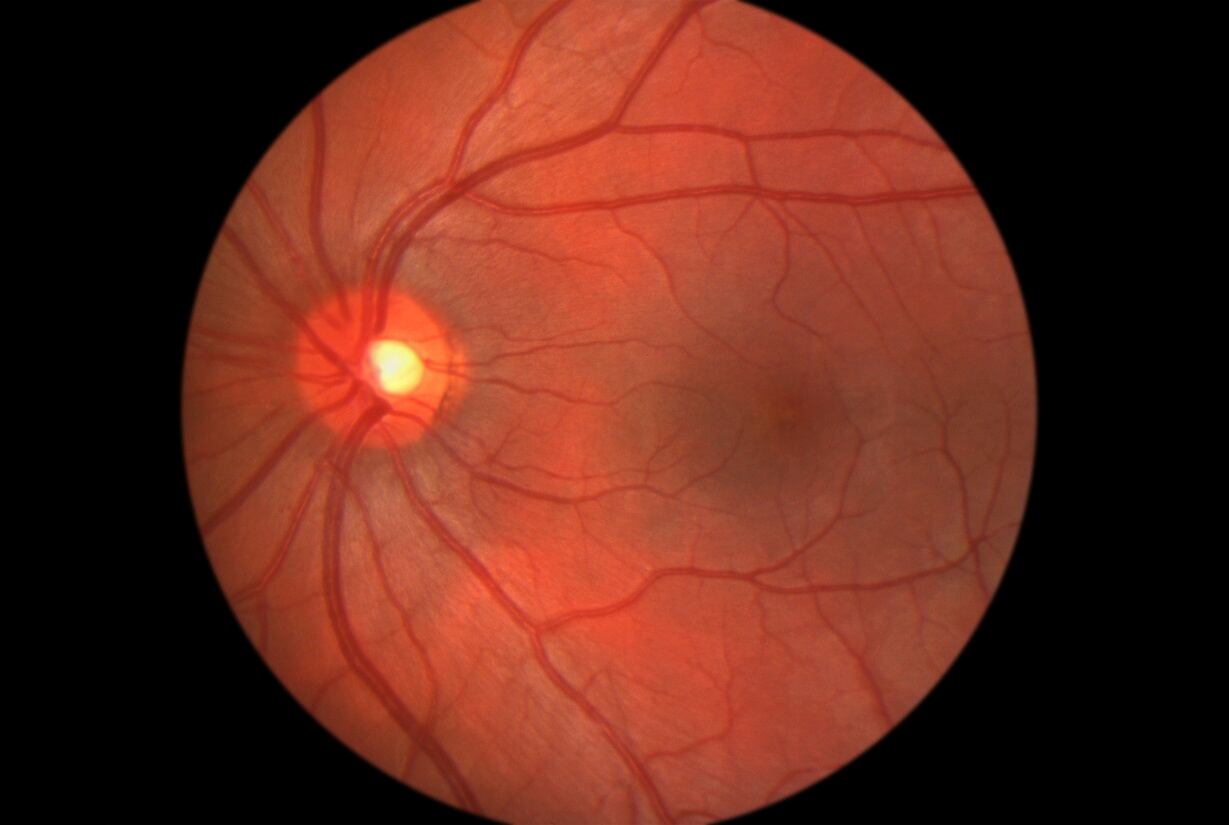Data published in PLoS One indicate that zeaxanthin on its own or combined with lutein and omega-3s boosted visual motor reaction time by about 10% compared to placebo.
“These results are consistent with a role of lutein and zeaxanthin in visual processing speed and visual motor behavior,” wrote the researchers from The University of Georgia and Abbott Nutrition.
“The fact that we could produce measurable changes in young healthy individuals is promising given the high therapeutic and practical relevance of a faster more efficient nervous system.”
From eyes to the brain
The link between lutein and eye health was first reported in 1994 by Dr Johanna Seddon and her co-workers at Harvard University, who found a link between the intake of carotenoid-rich food, particularly dark green leafy vegetables like spinach, and a significant reduction in age-related macular degeneration (AMD) (JAMA, Vol. 272, pp. 1413-1420).
Numerous studies with data from primates, children, middle-aged people, and the elderly now support the importance of lutein in brain health.

Much of the research has been led by Elizabeth Johnson, PhD, Scientist I in the Antioxidants Laboratory in the Jean Mayer USDA Human Nutrition Research Center on Aging at Tufts University, Prof John Nolan and Prof Stephen Beatty from the Macular Pigment Research Group at the Waterford Institute of Technology in Ireland, and Billy Hammond, PhD, from the Behavioral and Brain Sciences Program, Department of Psychology at the University of Georgia.
(For a 2012 review on the subject by Dr Johnson in the American Journal of Clinical Nutrition, please click HERE)
Dr Johnson told us recently that data from pediatric brain tissue studies have shown that about 60% of the total carotenoids in the pediatric brain tissue is lutein, and yet NHANES data show that lutein is only about 12% of the carotenoids in the diets, so there is a preference for lutein in the brain, she noted (Vishwanathan et al. J Pediatr Gastroenterol Nutr. 2014).
Study details
The new study, led by Dr Hammond’s group at the University of Georgia, included 64 young healthy subjects who were randomly divided into one of three groups for four months: The first group received placebo, the second group received zeaxanthin only at a daily dose of 20 mg (EyePromise Zeaxanthin, ZeaVision, LLC), and the third group received a combination of 8 mg/day of lutein, 26 mg/day of zeaxanthin and 190 mg/day of omega-3s (EyePromise vizual EDGE, ZeaVision, LLC).
Baseline data showed that people with higher macular pigment density, a biomarker of lutein and zeaxanthin levels in brain, had higher thresholds of critical flicker fusion (CFF – linked to visual acuity), and visual motor performance.
Supplements of zeaxanthin and the mixed formulation increased CFF thresholds by about 12%, and and visual motor reaction time by about 10%, compared to placebo.
“The visual stimuli that were used in this experiment were specifically designed to test central measures of visual processing,” wrote the researchers. “Hence, the mechanisms underlying the behavioral responses likely also reflected functional properties of the brain as opposed to only optical or neural properties of the eye itself, such as improved function in disabling glare conditions or reduced scotopic noise.
“Indeed, CFF has been associated with cognitive performance, which suggests that relations with L and Z may reflect a common mechanism related to neural processing speed.”
Source: PLoS One
Published online ahead of print, doi: 10.1371/journal.pone.0108178
“A Double-Blind, Placebo-Controlled Study on the Effects of Lutein and Zeaxanthin on Neural Processing Speed and Efficiency”
Authors: E.R. Bovier, L.M. Renzi, B.R. Hammond

